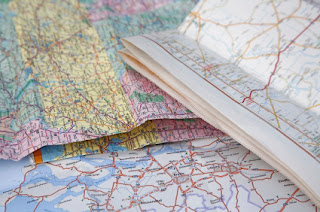In recent weeks I’ve had the opportunity to spend time on university campuses at opposite ends of my home state of Utah.
At my alma mater, Utah State University in Logan, I met with a classroom full of journalism students. For more than an hour they peppered me with questions about journalism, advertising, magazine writing, poetry, fiction, nonfiction, Western history, how I go about writing, and all manner of things. Fortunately, after stringing words together over several decades for all manner of reasons I was able to offer some sort of response to most of their queries.
Days later, I spent an equally enjoyable hour with creative writing students at Utah Tech University in St. George. Again, the questions were insightful and the discussion engaging. Later, UT hosted a public event during which I read from several of my books—mostly fiction but also some nonfiction and poetry—answered a few questions, and spent time talking with and signing books for some of the readers kind enough to come out for the event. A fine local bookseller, The Book Bungalow, handled sales and now has several of my titles on the shelves at their store in St. George.
All in all, the faculty and staff members involved in my visits had
everything well in hand to make the experiences enjoyable. And, the students at
both universities were impressive. They seemed bright, immersed, and
involved—much different from my own time as a college student, if my hazy
memories are to be trusted.
















